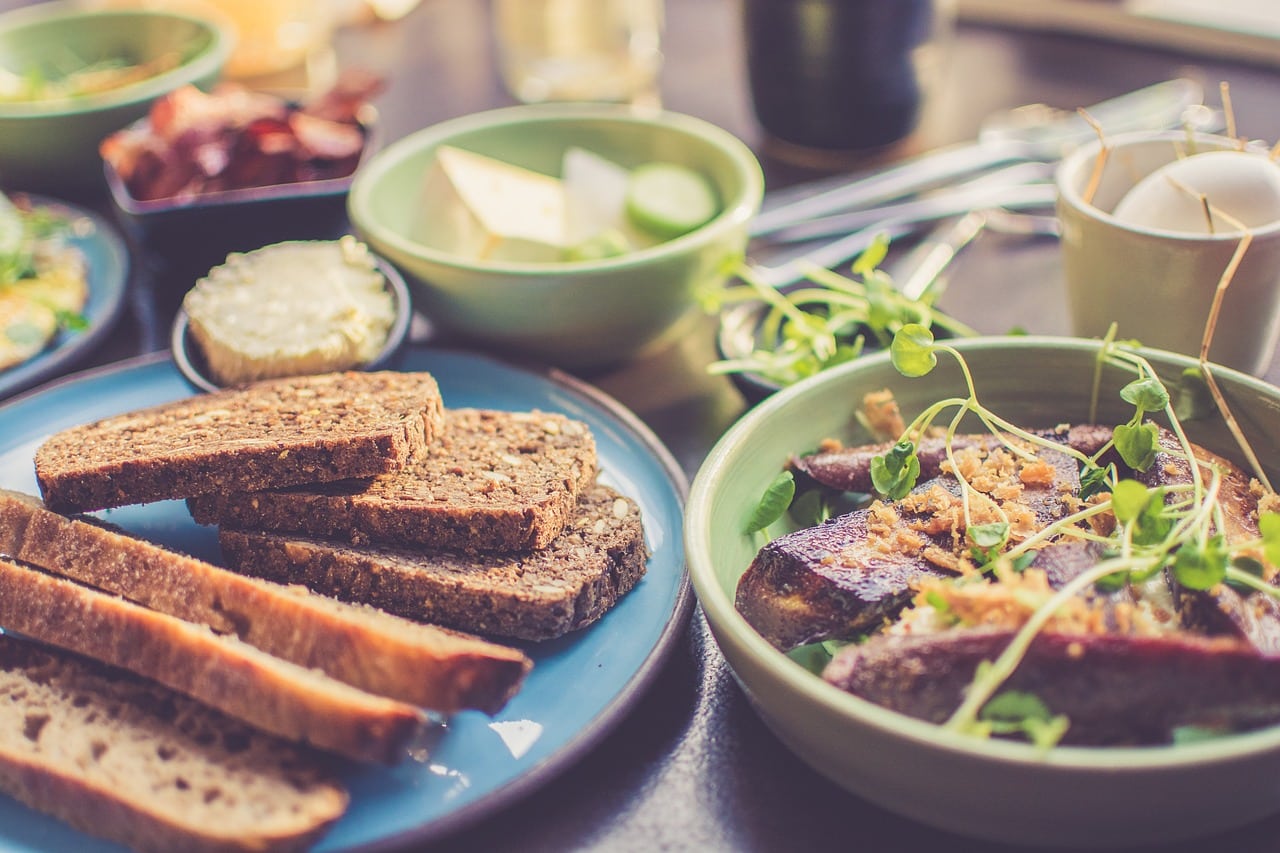To lead a healthy lifestyle, we often hear about incorporating regular physical exercise and getting enough sleep. However, one crucial aspect that plays a significant role in maintaining our health is our diet. What we put on our plates and consequently, into our bodies, shapes our health in a significant way. You do not need to entirely give up your favorite foods or switch to a restrictive diet to eat healthily. It’s about making smart choices, cutting down on unhealthy foods, and using the right cooking techniques. Here are some essential tips for healthy and balanced cooking.
Understand the Importance of Balanced Meals
Before you even start planning your meals, understanding why balanced meals are essential is crucial. A balanced meal is one that includes the right amount of all essential nutrients – proteins, carbohydrates, fats, vitamins, and minerals. Eating a balanced meal ensures that your body gets everything it needs to function correctly and maintain your overall health.
This might interest you : What are the essentials of crafting a perfect tart?
When you are aware of the importance of balanced meals, you are more likely to make healthier choices while cooking and eating. A balanced meal should ideally contain a source of protein (like meat, fish, eggs, or beans), carbohydrates (like rice, bread, or potatoes), some fat (like oil or butter), and a variety of fruits and vegetables.
Incorporate a Variety of Vegetables
When it comes to healthy and balanced cooking, vegetables are your best friends. They are low in calories, high in essential nutrients, and can help control your weight. Different vegetables offer different health benefits, so it’s best to include a variety in your diet.
Also to read : Tips for eco-friendly cooking
While cooking, try to add vegetables to your dishes wherever possible. You can add them to your sandwiches, pasta, soups, and even desserts. You can also experiment with different ways of cooking vegetables, like steaming, grilling, or baking, to keep your meals interesting.
Choose Healthy Fats
Not all fats are bad for your health. While you should avoid trans fats and limit saturated fats, unsaturated fats are actually beneficial for your health. They can help reduce bad cholesterol levels, lower your risk of heart disease, and provide essential fatty acids that your body needs.
When cooking, choose oils that are high in unsaturated fats, like olive oil or canola oil. You can also get healthy fats from foods like avocados, nuts, seeds, and fatty fish. Remember, even though these fats are healthy, they are still high in calories, so you should use them in moderation.
Limit Added Sugar
While sugar can make your food taste better, too much of it can harm your health. High sugar consumption can lead to weight gain, heart disease, and other health problems. Therefore, it’s essential to limit your intake of added sugar.
When cooking, try to cut down on the sugar in your recipes. Use natural sweeteners like fruits, honey, or maple syrup instead of sugar. Also, be aware of the hidden sugars in processed foods and drinks, and try to limit their consumption.
Know When to Eat
Knowing when to eat is just as important as knowing what to eat. Eating at regular intervals can help maintain your blood sugar levels and prevent overeating.
Try to have three meals a day, with small, healthy snacks in between if you feel hungry. Avoid eating late at night as your body needs time to digest the food before you sleep.
By implementing these tips, you can ensure that your cooking is not just tasty but also healthy and balanced. Remember, healthy cooking is not about being perfect. It’s about making better choices most of the time. Even small changes can make a big difference to your health. So, start making these changes today, and enjoy the benefits of healthy and balanced cooking.
Cook with Whole Grains and Lean Proteins
Whole grains such as brown rice, quinoa, oats, and whole wheat bread are high in fiber, helping to keep you full and satisfied throughout the day. This can play a crucial role in maintaining a healthy weight or even aid weight loss efforts. As you plan your meals, consider substituting refined grains like white bread and pasta with their whole grain counterparts.
In addition to whole grains, lean proteins should be an integral part of your balanced diet. Lean proteins, like chicken, turkey, fish, eggs, beans, and tofu, can help in maintaining muscle mass and keeping you satiated. Try to incorporate these proteins into your meals without adding excessive fats or oils. For instance, you can grill, bake, or steam these proteins instead of frying them.
While cooking, remember that foods like white bread, sugary cereals, or processed foods, although convenient, often lack the essential nutrients your body requires. These foods can also lead to a spike in your blood sugar levels, followed by a sudden drop, which can leave you feeling tired and hungry. Therefore, make the conscious decision to choose whole grains and lean proteins for a healthier lifestyle.
Opt for Plant-Based Foods
Shifting towards a plant-based diet can be beneficial for your health. Plant-based foods like fruits, vegetables, nuts, seeds, and grains are rich in essential nutrients and tend to be lower in saturated fat and calories. They are also beneficial for heart health, can help maintain a healthy blood sugar level, and might aid in weight loss.
Try to incorporate a variety of plant-based foods into your meals. You can start by having a meatless day once a week, substituting animal proteins with plant proteins like lentils, chickpeas, or tofu. Experiment with different fruits and vegetables, taking advantage of their varied flavors and textures to make your meals more exciting.
While transitioning to a plant-based diet, remember that processed plant-based foods can sometimes be high in added sugars and fats. It’s always best to opt for whole, unprocessed foods whenever possible to get the most health benefits.
Conclusion
Healthy cooking is not about dietary restrictions or depriving yourself of the foods you love. Instead, it’s about creating a balanced diet that incorporates a variety of nutrients essential to your body. Making conscious food choices, such as opting for whole grains, lean proteins, and plant-based foods over processed ones, can go a long way in promoting a healthier lifestyle.
In addition to healthy eating, don’t forget about the importance of regular physical activity. Incorporating exercise into your routine can help you maintain a healthy weight, boost your energy levels, and reduce your risk of heart disease among other benefits.
Lastly, remember that everyone’s journey to healthy and balanced cooking is unique. What works for one person may not work for another. So, listen to your body, make adjustments as needed, and most importantly, enjoy the process. After all, the path to a healthy life is a marathon, not a sprint. Start making these small changes today and enjoy the benefits of a healthier lifestyle.











